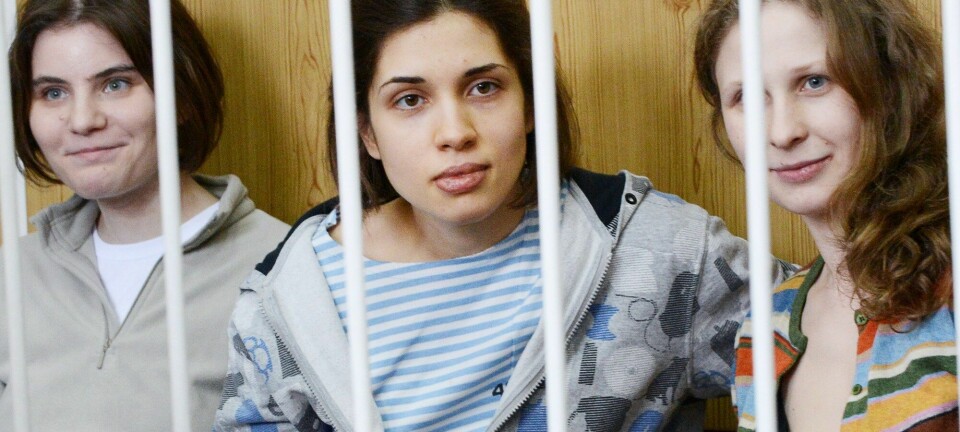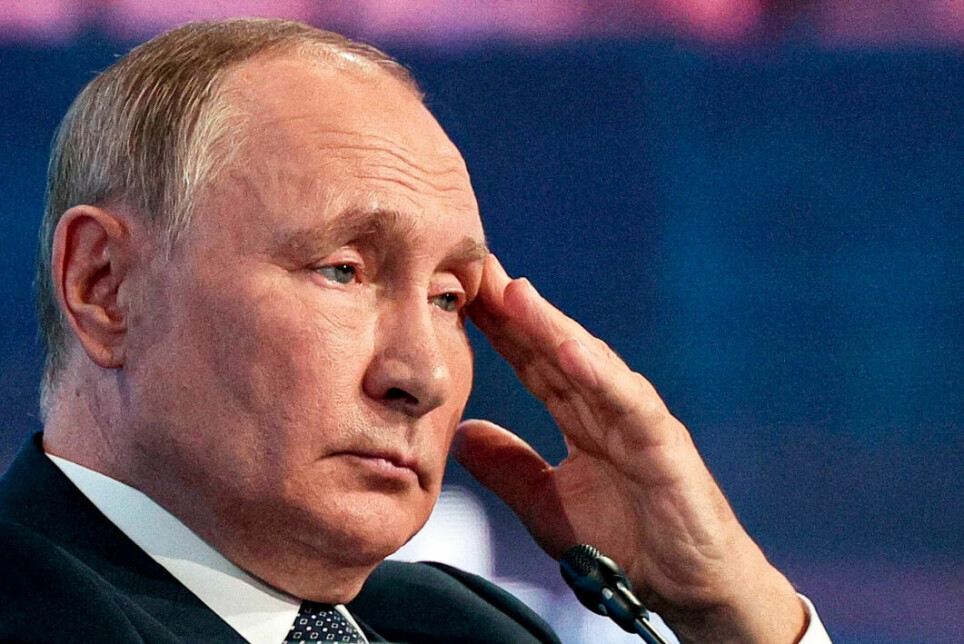
“Putin can lose all of Ukraine but present it as a victory”
Ukraine's offensive is a headache for Vladimir Putin's army, which is now openly criticised on TV. The invading army can crumble, expert says. What will Putin do then?
Putin’s army is receiving harsh criticism both in Russian military blogs – which give an insight into Russian defense environments – and on television. The army is struggling immensely on the battlefield:
Ukraine has recaptured large areas in Kharkiv, still has an offensive going on in Kherson, they have threatened Crimea with missile attacks this summer and are fighting on in Donbas, where the Russians have not yet managed to take control.
The question is whether Russia's army is about to collapse, and what Putin will do about it. It has been warned that Putin will threaten with nuclear weapons – perhaps even use tactical nuclear bombs in Ukraine – or escalate the bombing of Ukrainian cities if he is backed into a corner.
But Lieutenant Colonel Palle Ydstebø, who has followed the Ukraine war closely as Head of section at the Norwegian Military Academy, outlines another alternative.
A defensive war against the West
“Putin can probably create a narrative that fits any situation, including a military defeat in Ukraine. Russian TV has already started presenting this ‘special military operation’ as a defensive war against NATO and the West, where Ukraine is a proxy force for the West,” Ydstebø tells the Norwegian press agency NTB.
“Russia can then lose the whole of Ukraine, but present it as a victory in the defensive war because no foreign forces have set foot on Russian soil,” he says.
“The West is the main enemy”
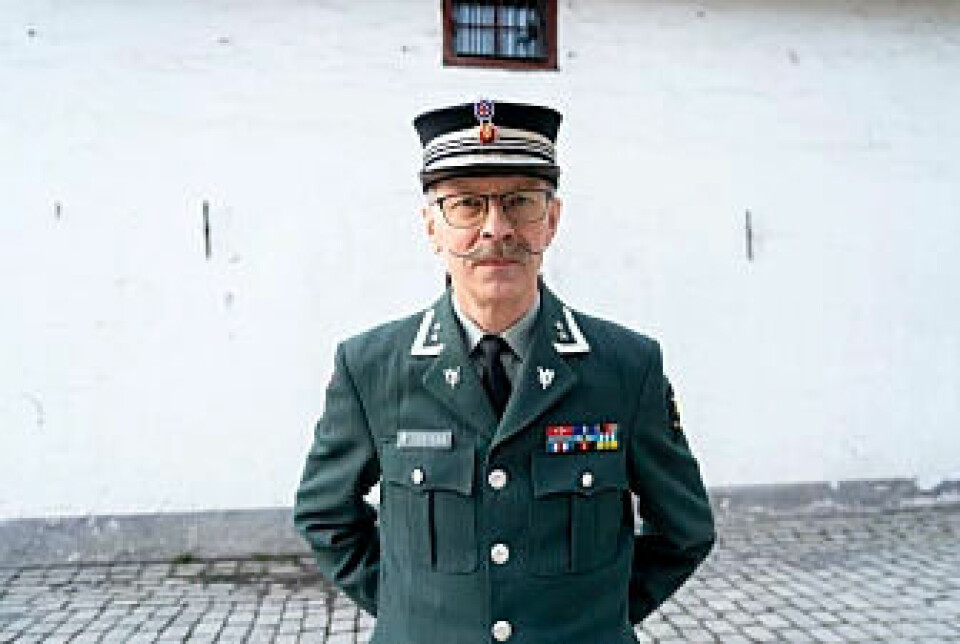
Research Professor Jakub Godzimirski at the Norwegian Institute of International Affairs (NUPI) says that there has been a shift in the Russian debate towards the narrative that it is the West that is actually being fought against in Ukraine. He argues that those who believe that Russia can beat the West need a reality check.
The West is many times stronger, he points out.
“Putin can then use this as a justification for choosing to withdraw from Ukraine, but I don’t think this is an easy option for him, it's probably more of a last resort,” Godzimirski tells NTB.
Thinks Putin will use brute force
“If we think about what Putin can consider as a solution for him, it's difficult to imagine that he can recognise that Russia has suffered a defeat in Ukraine. I think he will use even more brute force to hit Ukraine harder, and then this will continue for some time,” the researcher says.
Nevertheless, he points out that there are more people around Putin who are now speaking out critically, either covertly or openly.
“Perhaps some of those who are close to Putin realise that the costs will outweigh the benefits, and either recommend that he gives up or replace him,” Godzimirski says.
- RELATED: Putin may fall
TV debate caught expert off guard
In Russia, support for the war in Ukraine has declined somewhat, but polls still show that almost half of the population support it. Most Russians are apathetic, associate professor of War Studies at the Swedish Defence University, Ilmari Käihkö recently told Norwegian newspaper VG (link in Norwegian).
Last weekend, Russians were served a message they rarely get on TV:
“It is impossible to defeat the Ukrainian army.”
The message was delivered by former Duma member Boris Nadezhdin on the NTV channel – which is owned by Gazprom – in a debate.
TV channels are perhaps the most important tool in Putin's propaganda apparatus, and this is where ordinary Russians get their information.
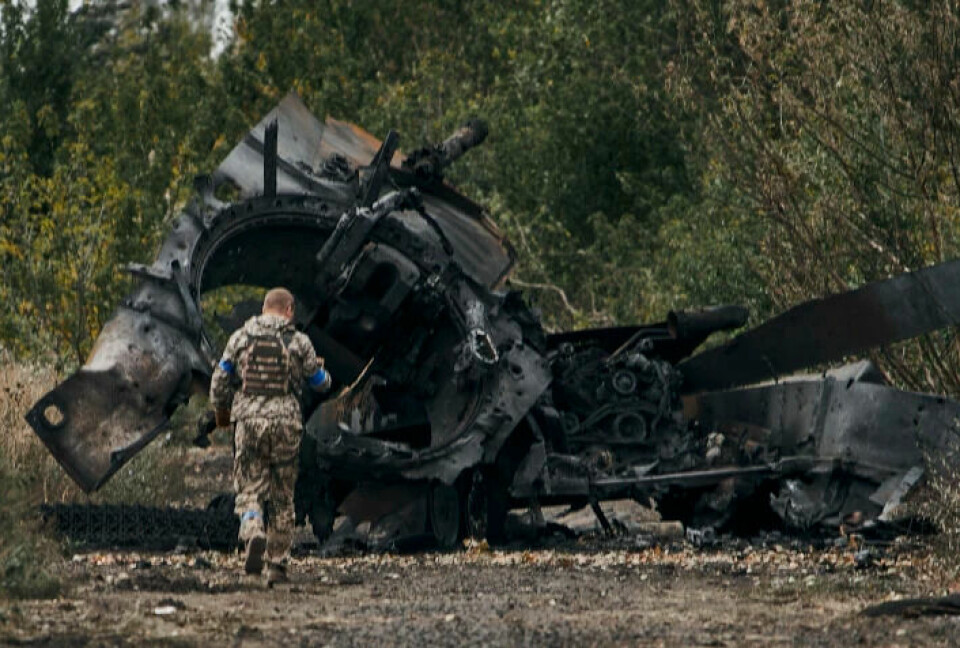
Can Putin say whatever he wants?
“I was surprised that this was actually broadcast on TV,” chief researcher Tor Bukkvoll at the Norwegian Defense Research Establishment tells NTB.
He says there is a lot of logic in Ydstebø's analysis that Putin can portray a defeat in Ukraine as a victory. It is an alluring thought that cannot be ruled out, but it may be wishful thinking.
“It's a captivating thought. I cannot rule it out. But I wonder if it is possible to sell such a version within Russia. If so it must be possible for Putin to say just about anything,” Bukkvoll says.
One thing that underpins this is that we have already seen Putin say that Russia has not lost anything in the war in Ukraine on TV – despite the many soldiers who have fallen.
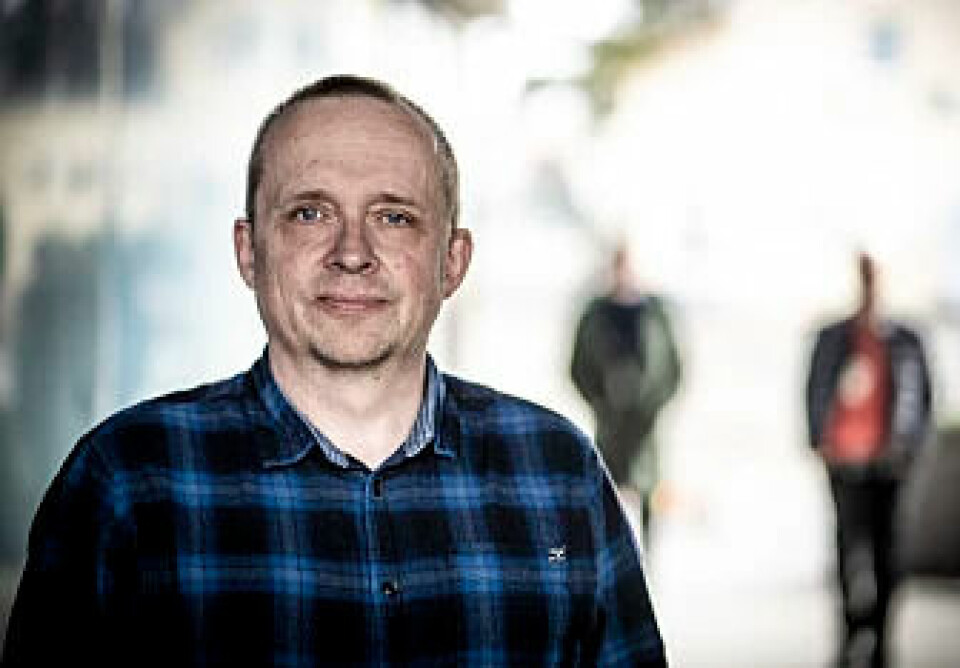
“A turning point”
“What has happened now is a turning point in the war. It is too early to say that it is the turning point, but it is certainly a turning point,” Bukkvoll says about Ukraine's success in Kharkiv.
Tormod Heier, a professor of military strategy, says that it is too early to say that the battle for Kharkiv has been won.
“This is partly because it is unclear how large a toll the fighting has taken on the Ukrainian forces. And also because it is unclear whether the leadership in the Kremlin will start listening to the nationalists and the military, who have long wanted a greater mobilisation to win the war,” Heier tells NTB.
He does, however, consider the battle for Kharkiv city won – and calls it an almost impregnable bastion just a few miles from the Russian border.
“What will the Kremlin sacrifice?”
“Everything now depends on what the leadership in the Kremlin is willing to sacrifice in terms of new human and material resources in Eastern Ukraine. Because there is little doubt that large parts of the Russian forces are weakened, both mentally and in terms of materials. Part of the problem is that the Russians are slowly but surely being worn down into a quagmire. In Europe's second largest country, against Europe's second largest defence,” Heier says.
According to Heier, Ukraine's success in Kharkiv and the rocket attacks against Crimea show that Ukraine can also threaten the Russians in the south and in Donbas.
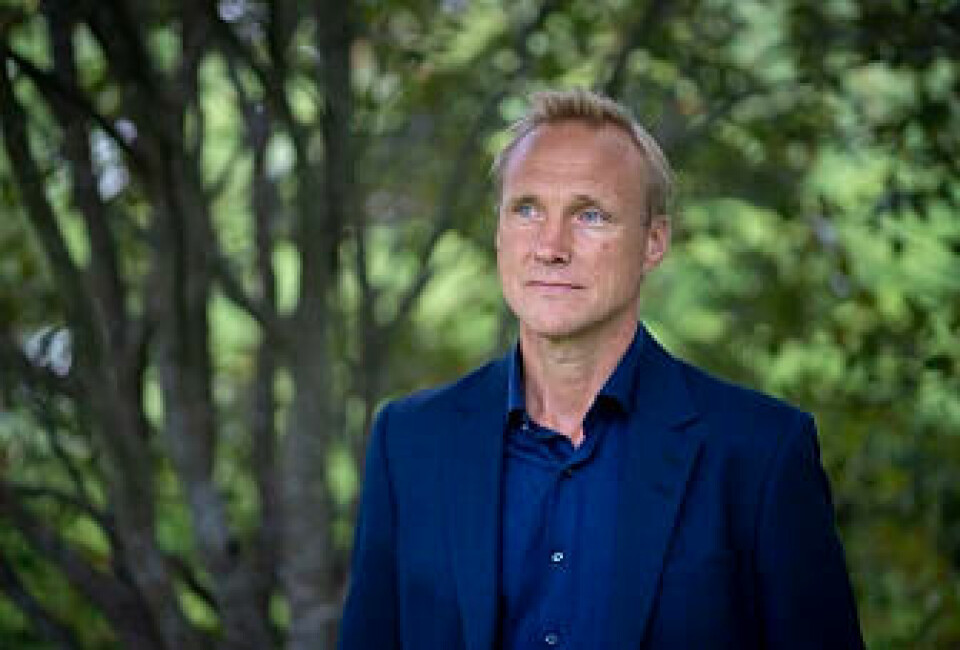
“Ukrainian military staff have followed the textbook and have accomplished a lot,” he says.
Bukkvoll argues that the offensive in Kharkiv is more successful than even the Ukrainians imagined. This is important to maintain morale, but also the support from the West.
“They have also made it difficult for Russia to take the rest of Donetsk county. They were supposed to have an attack axis south from Izium to take the rest of Donetsk and now that possibility is gone,” he says.
He emphasises that Ukraine can also fall into a trap and stretch its forces – as it appears that Russia has done.
“But it seems as if they have not stopped in Kherson or Donbas. For now, they seem to have enough to attack on a wide front. We don't know how big the losses have been, but it could be a limiting factor,” Bukkvoll says.
“Ukraine has mobilised and have been training for several months now, so they are able to fight more effectively than the Russians. They expose their forces to less risks than the Russians do,” he says.
- RELATED: What motivates soldiers to fight?
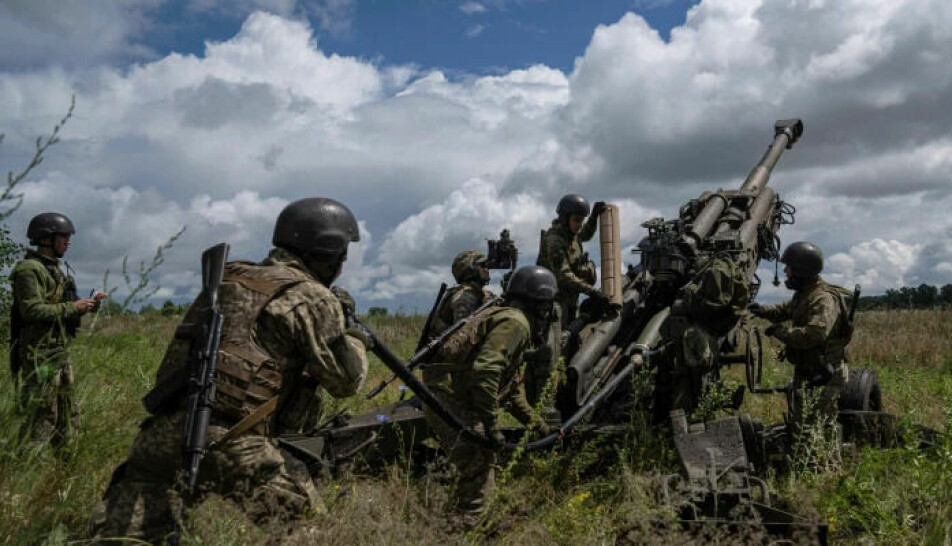
Playing war with the US
In addition to Western arms support and intelligence, which has enabled Ukraine to take out Russian targets behind the front lines, another element is important in recent developments.
According to American media, Ukraine has received help from the United States for so-called "war games" – where they play out how a military operation might take place.
“It is probably the case that the Americans are simply more involved in the operational plans than they have been in the past,” Bukkvoll says.
“It is important to pay close attention to what Russia is now saying about the goals of the war. One thing that could be a decisive moment here is further development in fighting morale on the Russian side. If it just gets worse and worse, it can crumble. One can imagine that it will not be the Kremlin that decides the outcome, but the individual soldiers in the Russian defence.”
A possible outcome could be that the soldiers simply give up. Few people know what Putin's next move would be then.
———
Translated by Alette Bjordal Gjellesvik.
Read the Norwegian version of this article on forskning.no
------







